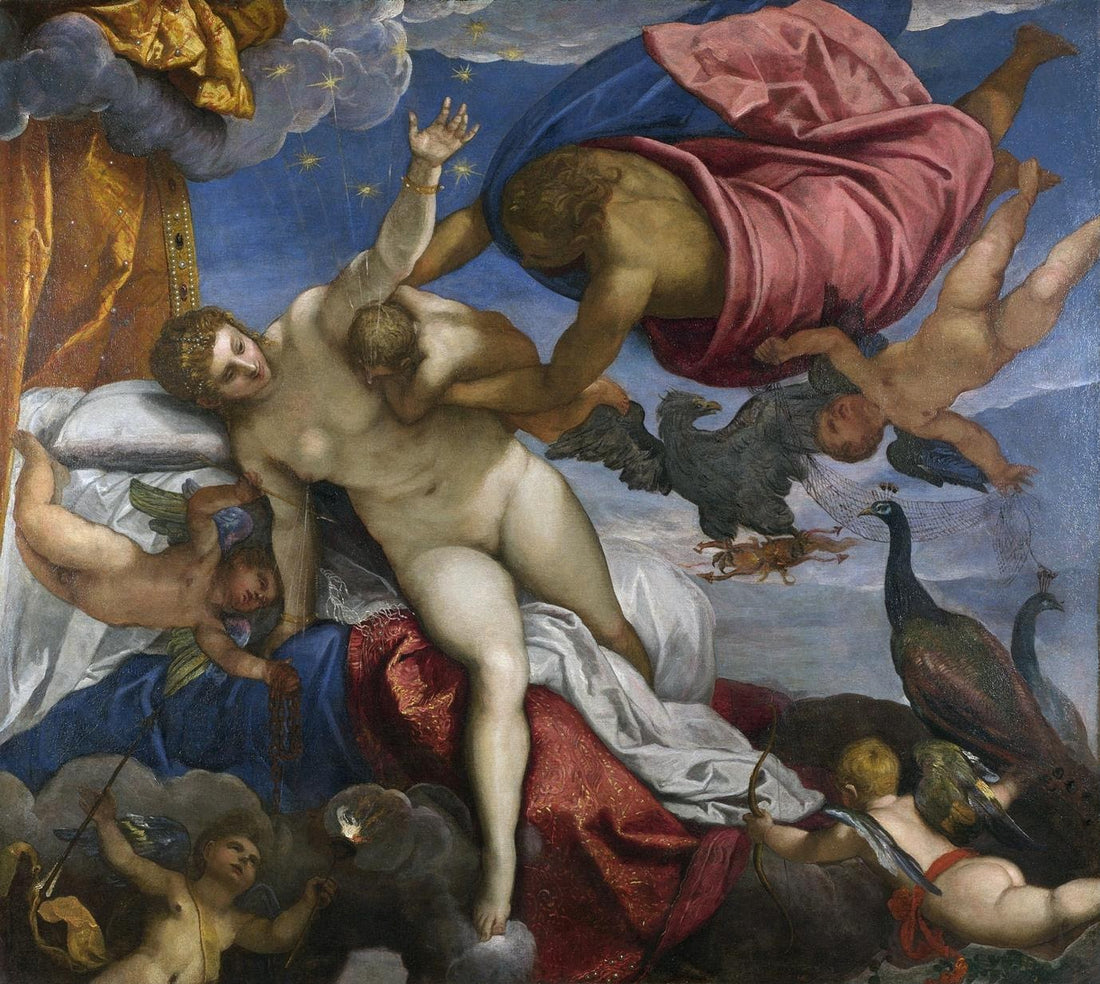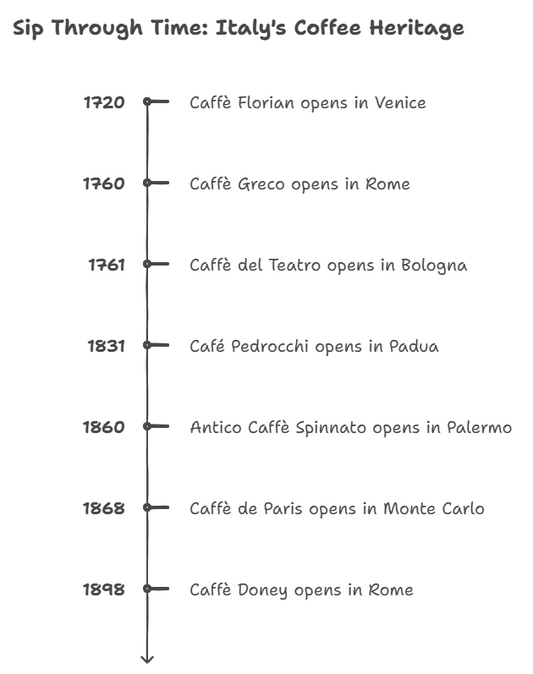Italy is known for its stunning architecture and incredible contributions to the visual, literary, and performing art cultures around the world. The beautiful country is a sweet haven for artsy individuals who yearn for the vibrant adventure of exploring museums and appreciating ancient, yet immensely significant artworks.
In this article, we will delve deeper into the top 10 artists of Italy. So grab a cup of coffee and a scone as you step into the world of still life, stained glass, and biblical paintings.
-
Leonardo Da Vinci
You’ve probably heard this name countless times and can probably recite his name in your sleep if you’re an art student now.
Leonardo Da Vinci is a household name in art and a hall of fame of inventor. This Italian icon was a painter, mathematician or polymath, scientist, engineer, inventor as well as an architect. However, he existed during a simpler era when technology was less prevalent. Due to this, he was way ahead of his time and many people could not recognize the beauty or importance of his works.
Apart from creating actual artworks such as the Mona Lisa, Last Supper, and Vitruvian Man, which has become a cultural icon, he has also invented several other creations that we still use today.

Some of his most significant works include the parachute, helicopter, understanding the use of concentrated solar power, the double hull as well as his rudimentary theory of plate tectonics. My favorite invention is the calculator. Imagine how frazzled we’d be during our examinations without this god-sent device.
Leonardo Da Vinci was an artist in his own right, and he is a must-know name if you’re interested in learning more about Italian artists.
-
Michelangelo Buonarotti
Described as an effective artist, Michelangelo Buonarotti was a painter, sculptor, architect, and poet. He considered himself to be a Florentine even though he spent most of his life residing in Rome. In this day and age, he is possibly one of Tumblr’s favorite artists.
His works definitely shed much light onto a side of art that many artists feared or failed to discover. Just like Leonardo Da Vinci, Michelangelo Buonarotti was ahead of his time when it came to creating art. His oeuvre of beautiful works challenged conservative traditions which barely scraped the surface of the vulnerability of art.


A common theme in his works was that the human body is not a sin. He presented this using new methods and manners of presenting art.
Michelangelo Buonarotti definitely gives both modern artists and academics a run for their money as much discourse can be created from his exploration of psychological insight, physical realism, and the intensity of the human body.
-
Artemisia Gentileschi
We live in a patriarchal society that has always drowned out the voices of women. It is no surprise that many are unaware of the works of female Italian artists. Artemisia Gentileschi is one of a kind artist of the Baroque era. She confronted traditions as well as pushed boundaries for what female painters could and could not paint.
A particularly determined and strong woman, she broke taboos at 17 years old with a full-frontal undressed painting, Susanna and the Elders. In that era, female artists typically stayed within the confines of still life and portraits. Despite her progressiveness, she also suffered greatly as an individual.
Her work involves the use of darks and lights which create a dramatic effects and she was very inspired by Caravaggio. Self-expression was also highly emphasized in her paintings. Most of which was inspired by the violence and turmoil she endured during the Tassi Trial.
Some of her best works include Susanna and the Elders, Judith Slaying Holofernes, Lucretia, and Self-Portrait as the Allegory of Painting.
-
Tintoretto
Tintoretto was an Italian mannerist painter of the Venetian school. He was deeply influenced by Titian. He was also involved in the High Renaissance and contributed to the styles of the Mannerism and Baroque era.
In his career, he explored many different ways of creating art. Some of the most memorable points in his work were when he tried to combine Titian’s use of color and Michelangelo’s powerful yet vulnerable forms.
An interesting fact about Tintoretto was his perception of effect in his work. His work was focused less on the cause of its stylishness and was highly revolved around the sake of narrative drama.

Some of his best works include The Miracle of the Slave, The Crucifixion, The Origin of The Milky Way, and Moses Striking the Rock.
-
Fra Angelico
Fra Angelico was praised and described by Vasari in his lives of the artists as having a “rare and perfect talent”. He earned a reputation primarily for the series if frescoes he made for his personal friary, San Marco, in Florence.
Personally, he is one of my favorite painters who depicted many significant stories from the Holy Bible and I hope to see his works painted on stained glass one day. Fra Angelico portrayed the exaltation of the Redeemer in many other paintings in the priory’s first cloister and in its cells.

Like several other painters who took great inspiration from the Holy Bible and its stories, Fra Angelico’s greatest works are heavily influenced by the Bible’s stories.
Some of his greatest works include: Angel Gabriel Appears to Mary, Coronation of The Virgin, The Virgin and Child enthroned with Angels and Saints Cosmas and Damian, Lawrence, John the Evangelist, Mark, Dominic, Francis, and Peter Martyr.
Conclusion
We may not be able to transport ourselves back to a time when the arts were still blooming but we can reconnect with these iconic painters and artists by appreciating their works.
When time permits, you could head down to your local library or museum to learn more about these artists, or even compile a bucket list exploring the artworks which you want to see in real life with your friends!




